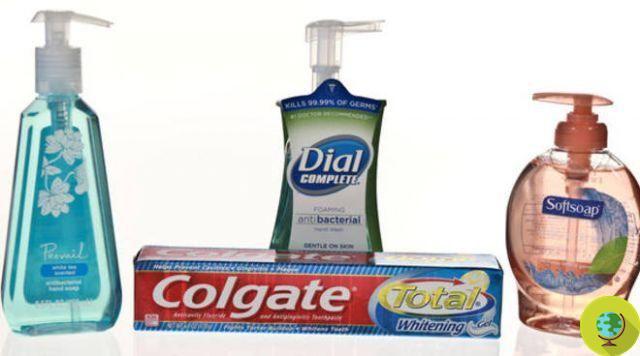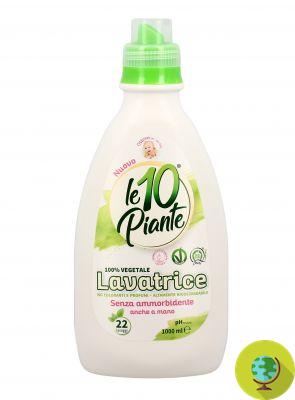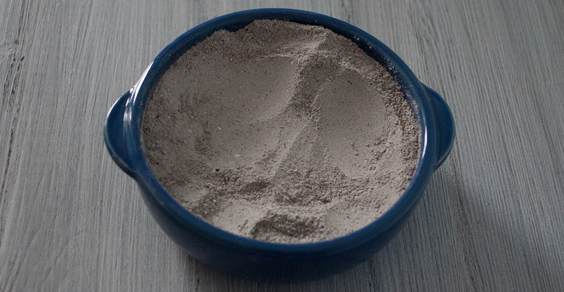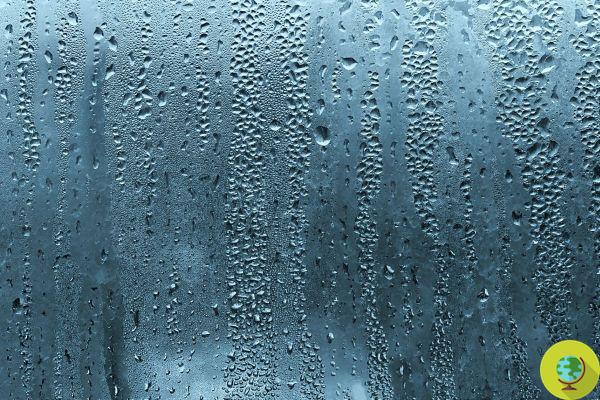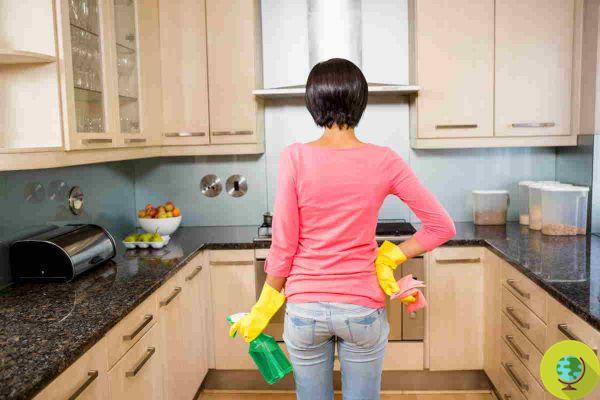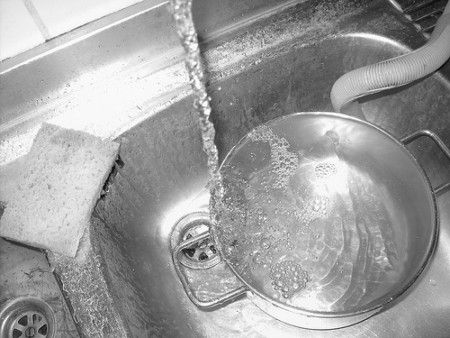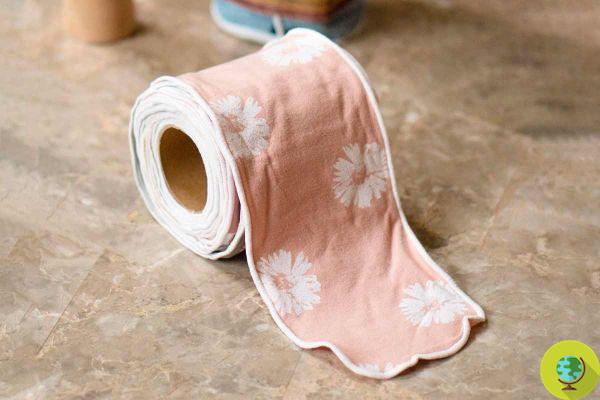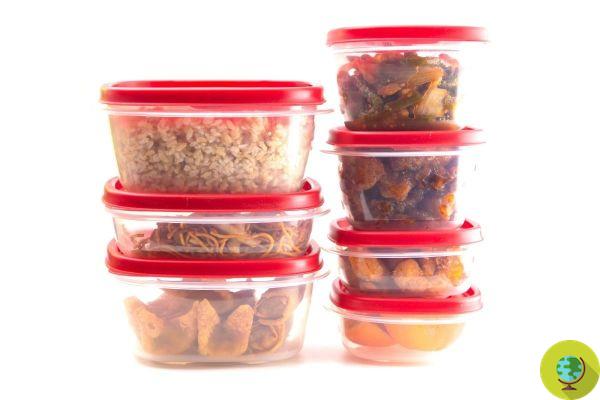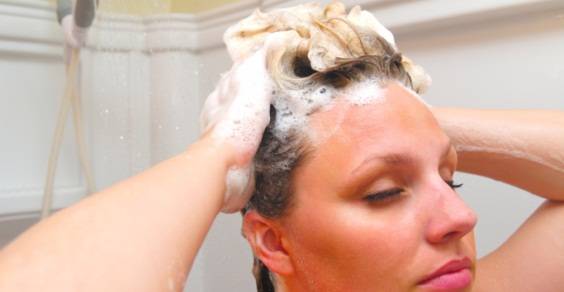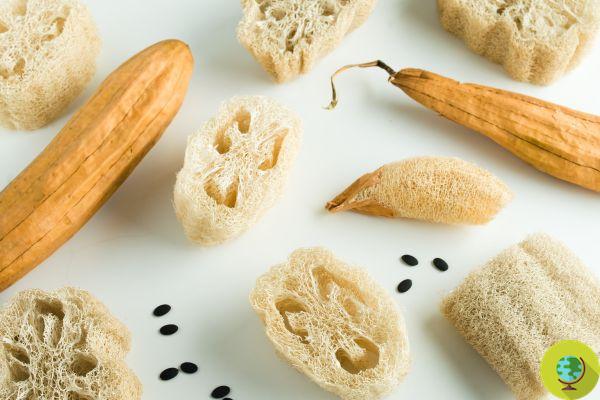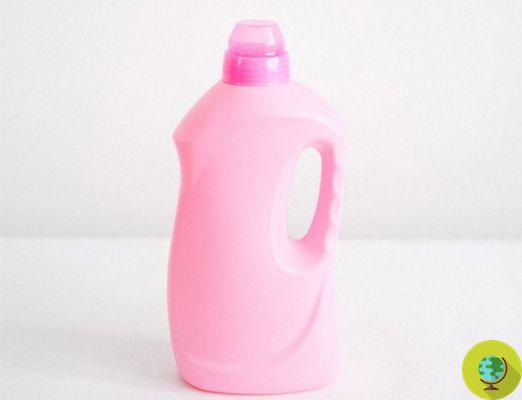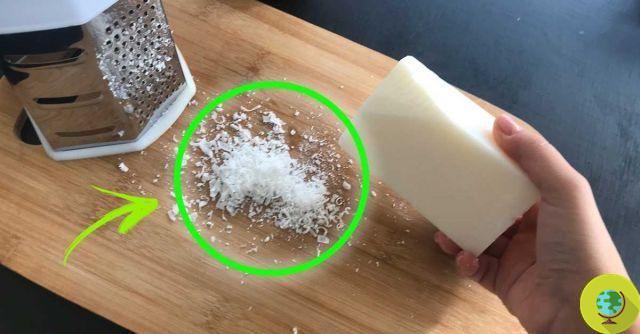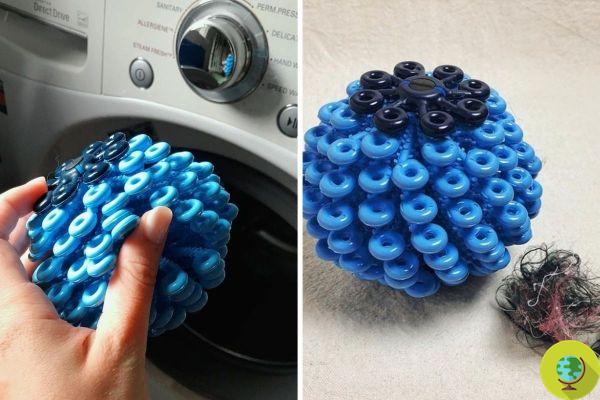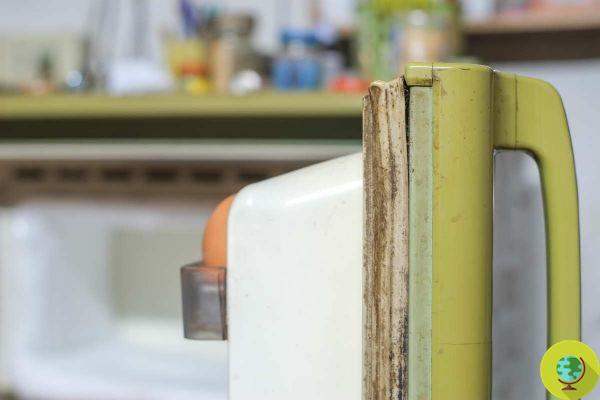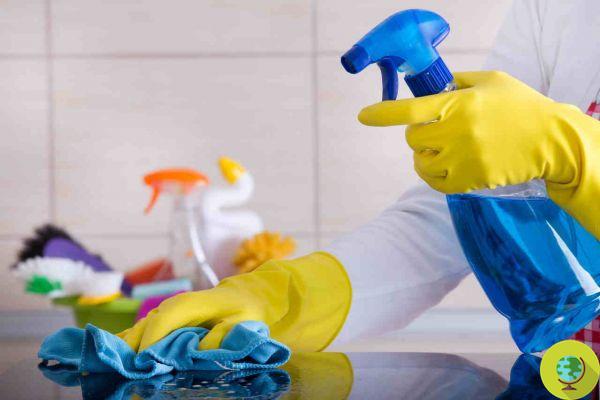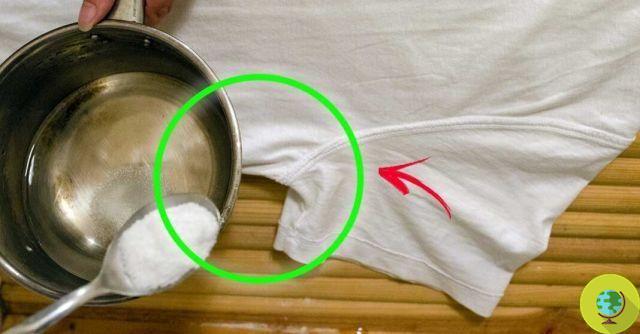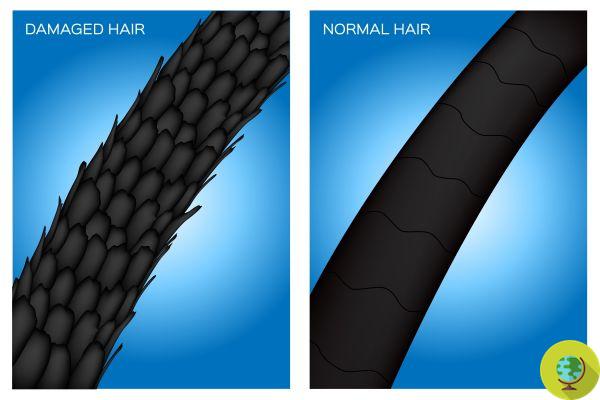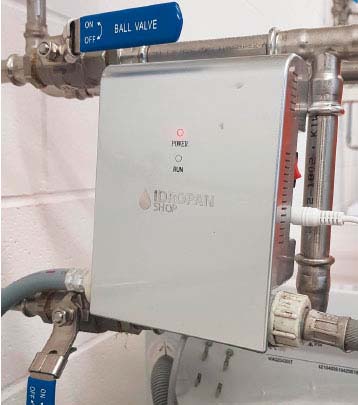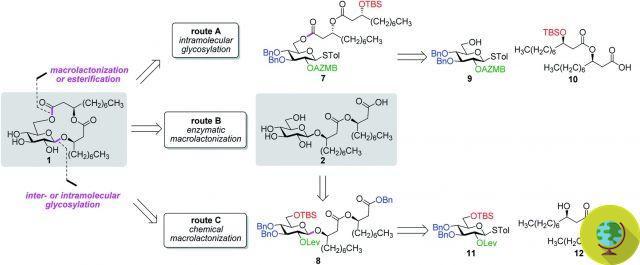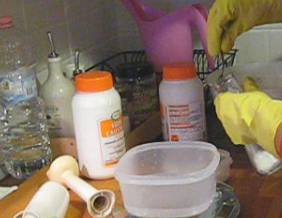Goodbye bleach! To disinfect your home it is possible to resort to natural remedies that allow you to eliminate bacteria while avoiding the accumulation of unwanted substances within the home environment that could instead be contained within industrial disinfectant products.
He is about to end up run over, his mother saves himIndex
How to thoroughly disinfect the house and prepare natural products suitable for cleaning and sanitizing floors, bathroom fixtures, dishes and surfaces
disinfect your home it is possible to resort to natural remedies that allow eliminate bacteria at the same time avoiding the accumulation of unwanted substances inside the home which could be contained inside industrial disinfectant products.
Vinegar, lemon juice, essential oils, sodium bicarbonate, but also the simple "steam" can represent the solution to obtain a clean and disinfected house in an ecological and harmless way. Below you will find some examples of the ingredients to be used for preparation of natural disinfectants for the House suitable for the cleaning of floors and sanitary ware, for the laundry, For dishes and not only.
Vinegar and vinegar alcohol
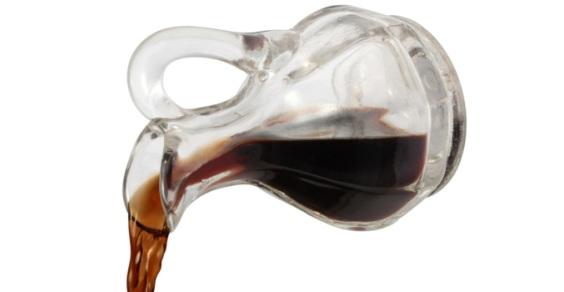
Vinegar is one of the more powerful natural disinfectants and anti-molds which we can use. Pure vinegar is able to curb the proliferation of microorganisms, up to the point of destroying bacterial colonies, as more and more scientific studies tend to highlight. According to a study conducted by theUniversity of Marilia, in Brazil, vinegar possesses antibacterial properties also effective against cholera. The study in question was conducted by Kathia Brienza Badini, Professor of Epidemiology, Veterinary Medicine and Public Health at the Brazilian university. (Read also: Vinegar: 30 alternative uses)
Although, with the naked eye, we cannot realize the action of vinegar on the bacteria and germs present on the surfaces of our home, it is its effect on mold is immediately evident which can occur on walls, tile cracks or other areas of a home. Sponging of pure vinegar, applied on the parts where mold is present and left to act for a few hours, allow the complete disappearance of mold. The action of pure vinegar can be amplified by adding on the sponge, on which the vinegar will be applied using a spray bottle, a few drops of Tea Tree essential oil.
Vinegar, used pure on surfaces, has an immediate effect descaling power, as well as disinfectant. Its use is recommended for polish the cutlery and to disinfect the knives as much as possible, as Grandma's remedies teach. It can be used pure, or diluted in water (1 glass of vinegar + 1 glass of water), also for the sanitary cleaning, to sanitize door and window handles and to polish bathroom and kitchen chrome, as well as to clean and descale the bottoms of stainless steel pots and to wash glass and mirrors.
The disinfectant action of vinegar is due to its pH, which is unsuitable for the survival of most germs.
Vinegar alcohol
A separate discussion must be made for vinegar alcohol which, unlike wine or apple vinegar, is a solution of water and acetic acid obtained through double fermentation, first alcoholic then acetic of alcoholic beverages, malts, rice or fruit such as sugar beet. It comes in the form of a transparent liquid and for this reason it is also called crystal vinegar. It is easily found in the supermarket or in organic shops and thanks to its detergent, deodorant and disinfectant action, white vinegar can replace many cleaning products. Its disinfectant action on bacteria, viruses and fungi varies according to the acidity of the vinegar and the duration of the application. Sure, it's not a strong product like bleach, but it's not that polluting either! (Read more: Vinegar alcohol: what it is, when to use it and which one to choose)
However, vinegar is not to be considered as a panacea and it is not recommended to use it in the laundry as a softener or disinfectant (READ also: Vinegar: when NOT to use it in cleaning and what to replace it with)
Essential oils
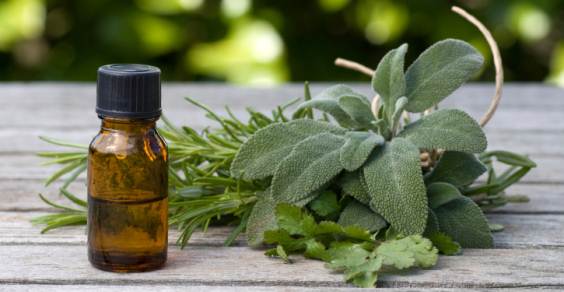
There are several essential oils considered as excellent natural disinfectants. Among them some stand out:
- White thyme essential oil
- Tea Tree Essential Oil
- Lavender essential oil
- Eucalyptus essential oil
- Lemon essential oil
- Bergamot essential oil
- Essential oil of geranium
Disinfectants for kitchen and bathroom based on essential oils
Here is an example of natural disinfectant based on essential oils which can be used on the washable surfaces of your home, with an antibacterial and antifungal effect:
- 500 ml of distilled water
- 25 drops of tea tree essential oil
- 25 drops of lavender essential oil
The ingredients must be poured into a spray container of the correct capacity, which must be shaken each time before use.
- A simple one remedy to disinfect tiled floors instead it consists in pouring a few drops of white thyme essential oil into a liter of water. The water added with the essential oil will be used to soak the cloth that will be passed on the floor.
- Essential oils of Eucalyptus, Lavender and Tea Tree they are particularly suitable for disinfect the laundry, even when using washable nappies for their children. A few drops of an essential oil of your choice can be poured into the basin used for soaking clothes and clothes or directly into the washing machine drum.
- Uno spray suitable for use in the kitchen, especially for cleaning washable surfaces of small appliances, it can be prepared by mixing in 200 ml of tap water, a tablespoon of vinegar to which 3 drops of lemon essential oil and 3 drops of geranium essential oil have been added. It is also a suitable solution for cleaning doors, cabinets and surfaces of tables and chairs. It can be applied using a cotton or microfiber cloth. It is necessary to rub the parts to be cleaned, rinse them with a cloth dampened with water only and finally dry.
- disinfect pots and dishes, you can add a few drops of lemon essential oil to the soaking water or to the dishwasher.
- disinfect the sanitary ware it is possible to use a few drops of pure essential oils to be poured directly onto a damp sponge. THE most suitable they are essential oil of white thyme, lavender and eucalyptus, which can also be poured in a few drops into a spray container with water to spray on the bed when you are in a hotel room to disinfect it.
- The essential oils of eucalyptus, white thyme, geranium and lavender can be used in a special room diffuser to disinfect and free the home air from germs. 4 drops of an essential oil of your choice are enough to add in a candle diffuser equipped with a tray in which to pour the water needed to diffuse the essences. (READ also: Essential oils: 20 possible uses for beauty, home and health)
Lemon
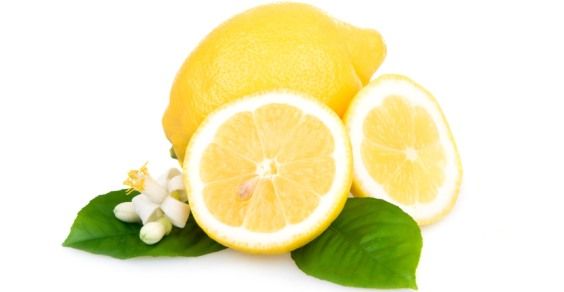
Lemon presents natural antibacterial properties which make it suitable for cleaning the house and washing dishes. Lemon juice can be used pure to polish and disinfect copper objects, as well as to descale and sanitize parts of the stove. For this purpose, leftover lemon peels obtained after squeezing are also suitable, to be rubbed on the objects to be cleaned using the inside, where at least some pulp and juice are still left.
Lemons, including pulp, peel and juice, are among the three simple ingredients to use for the preparation of a completely natural and ecological dish soap, which also involves the use of salt and vinegar. You can consult the article "Do-it-yourself dish detergent, 100% ecological", where you will find the recipe and the simple procedure for its self-production.
Lemon juice can be used for the preparation of an abrasive paste, in combination with baking soda. 1 part of lemon juice will need to be mixed in 2 parts of baking soda until you obtain a compound to be applied on a sponge with a teaspoon and to be used for cleaning the most difficult parts of the house and kitchen, or dishes.
disinfect and free the air of your kitchen from germs, it is possible to bring a handful of fresh or dried lemon peels to a boil in a saucepan together with a teaspoon of cloves. You can then turn off the stove and the steam released will purify the air. (READ also: Lemon: all the benefits and 5 ways to use it as a natural remedy and 22 uses, food and otherwise, of lemon (including zest))
Sodium bicarbonate
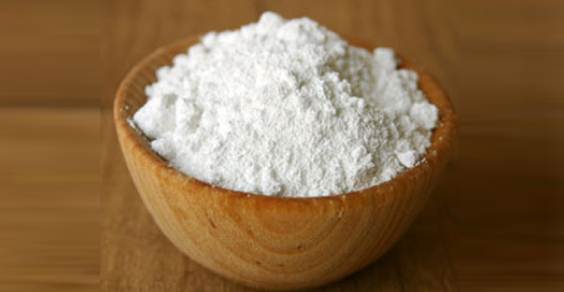
Il sodium bicarbonate is regarded as a germicide, an antiseptic and a natural disinfectant very versatile. Pouring a tablespoon of bicarbonate into 500 ml of tap water you can obtain a sanitizing solution suitable for cleaning floors and tiles.
For the same reason, bicarbonate can be added in the quantity of one or two tablespoons in the soaking water of the laundry or dishes, or directly into the washing machine drum. It can be used in powder form to disinfect and facilitate the removal of stains from doormats and carpets and can also be used to make an abrasive paste for cleaning dishes and stoves, calculating to use 1 part of water for every 3 parts of baking soda (for example, 1 tablespoon of water for every 3 tablespoons of baking soda). (Also Read: 50 Fantastic Alternative Uses Of Baking Soda)
Vapor
Most germs and bacteria have been shown to be sensitive to high temperatures. For this reason, cleaning the house with brooms or portable steam cleaning systems allows you to sanitize surfaces and destroy up to 99% of bacteria without the use of additional detergents or products.
ALSO READ:
- Do-it-yourself detergents: the guide to ecological and affordable cleaning
- 5 do-it-yourself laundry detergents
- 10 DIY anti-limescale remedies
- Natural remedies for mold at home




